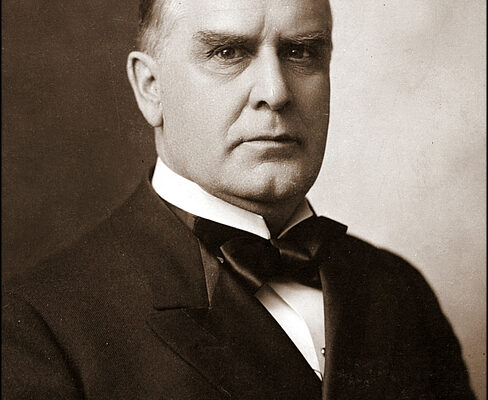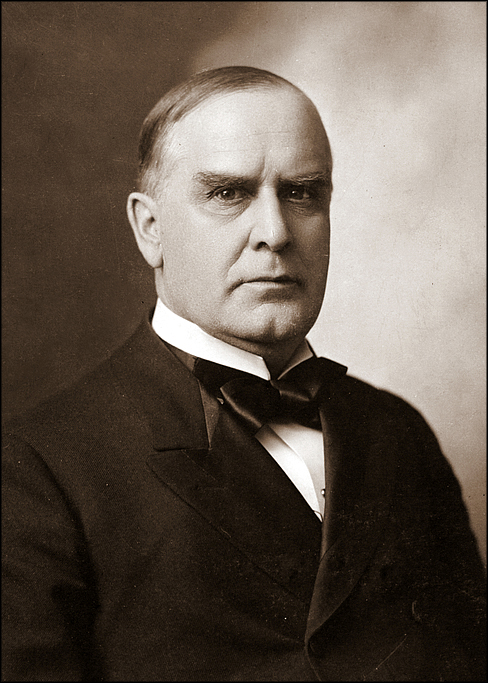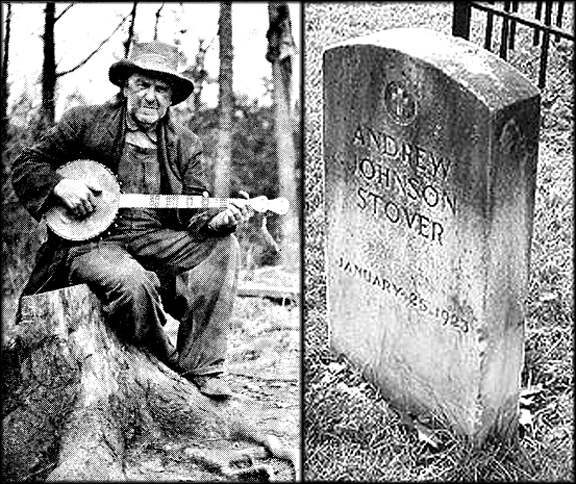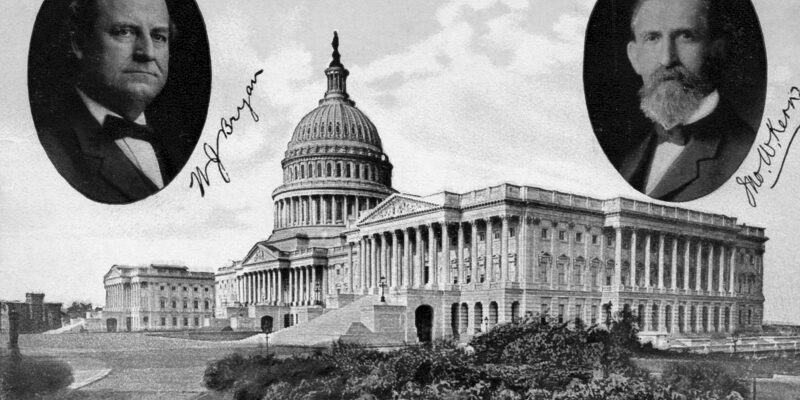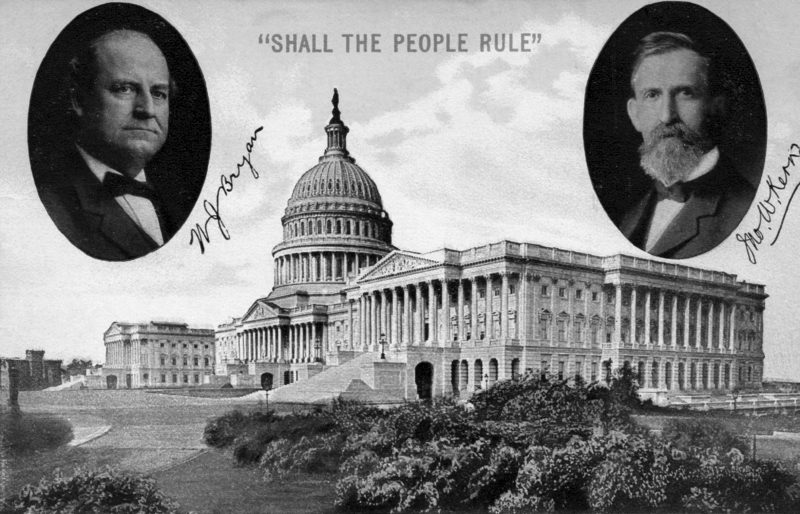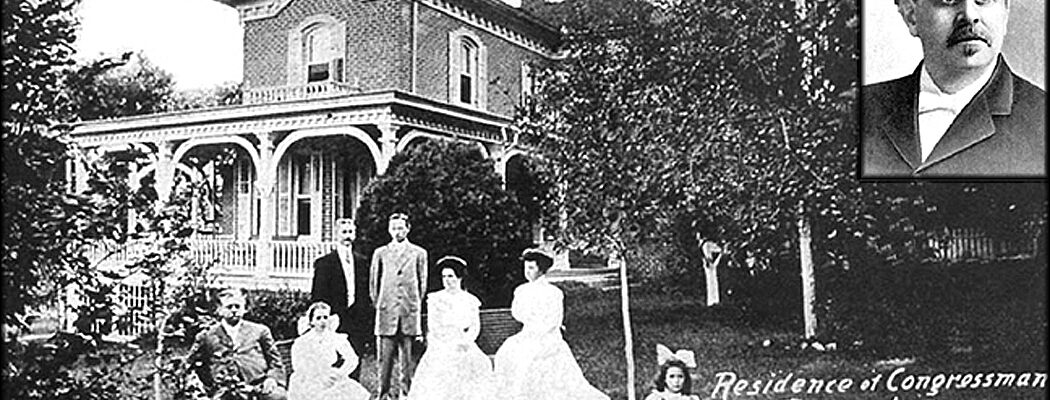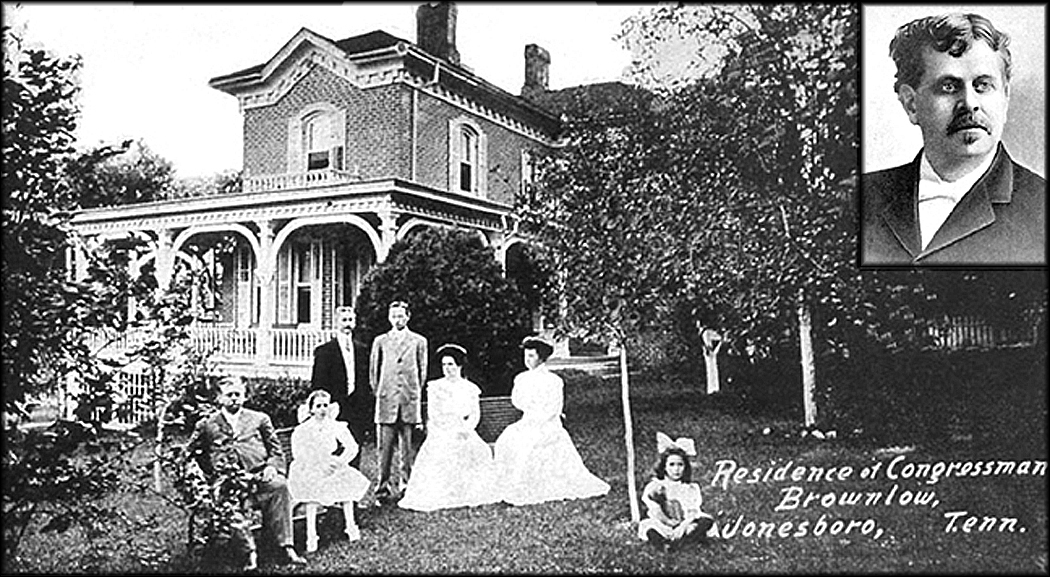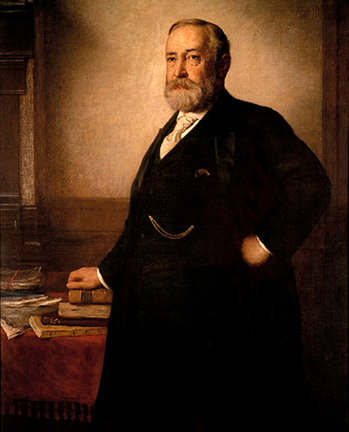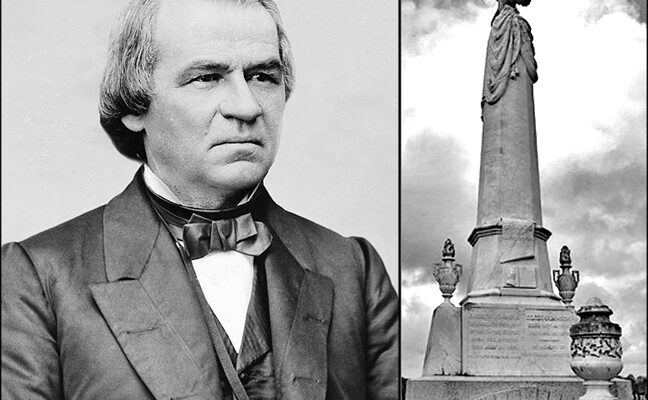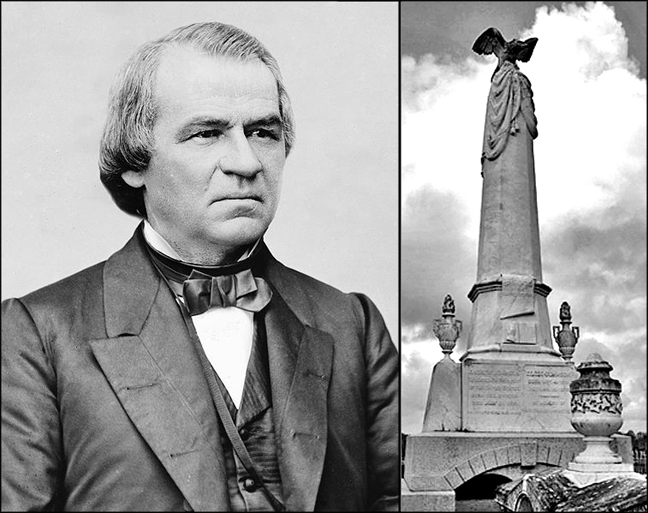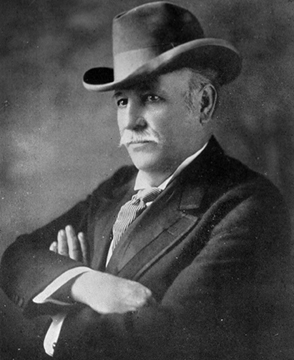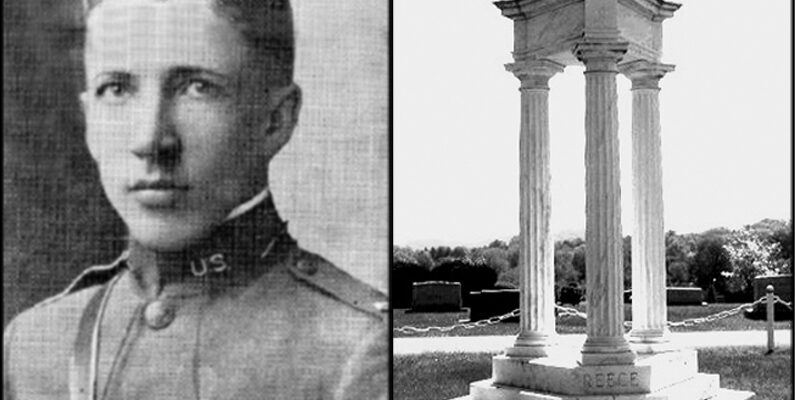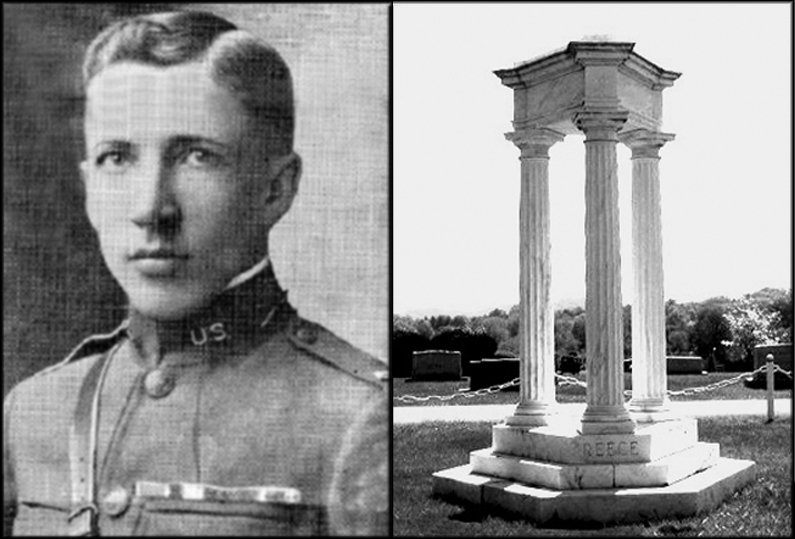In the summer of 1952, an expert hillbilly fiddler from the mountains of Tennessee became a member of the “world's most exclusive club.”
The fiddler was black-haired 44-year-old Albert Gore, Sr. who the previous week won a seat in the sedate U.S. Senate by ousting one of its oldest and most powerful members, Senator Kenneth D. McKellar. 83, chairman of the appropriations committee and speaker pro-tem.
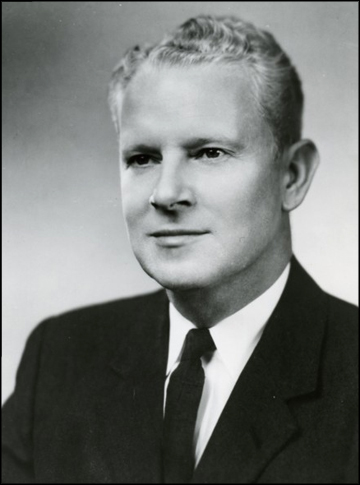
Al Gore, Sr.
Back in 1938, men of politics were reinforcing old fashion oratory in that year's scramble for votes with fresh appeal in “music, message and machinery.” The music (hillbilly bands), the message (old age pensions) and the machinery (motorized loudspeakers) became streamlined versions of salesmanship.
Mountain music was swinging out over the land to charm votes for both Democrats and Republicans, but the marshall airs of military bands still played a campaign counterpoint to those of hotfoot rhythms.
Most spectacular of the hillbilly orators was W. Lee O’Daniel, the singing flour salesman who topped the gubernatorial nomination of the Democrats. His hi-diddle-diddle outfit offered a theme song for the whole mountain music movement. They came to town with their guitars and soon were performing big time. The hillbillies were politicians now, or as the popular song from that era says, “Them Hillbillies Are Mountain Williams now”). They shucked their boots and overalls and even dropped their “howdy you alls.”
For 20-year-old Albert Gore, fiddling and campaigning ran hand-in-hand as he won the nomination for Congress in Tennessee’s fourth district. Gore, former state labor commissioner, had quite a reputation in the state as a fiddler.
The politician began his fiddling interest as a young boy in the Cumberland Mountains of Smith County, TN. His father gave him the instrument, but his mountaineer friends taught him how to play it as a fiddle, as opposed to a violin. The music he learned was that of mountain backwoods folk tunes like “Cotton-Eye Joe” and “Soldier's Boy,” rather than the modern hillbilly tunes associated with western cowboy crooners like Gene Autry, Tex Ridder and Jimmy Wakely.
The fiddle became an important part of Gore's campaign when he first ran for congress in 1938. He served seven terms in the House of Representatives before being elected to the senate.) At one rally, the crowd liked a couple of tunes he played so much that they kept demanding encores and delaying the candidate’s speech. Gore finally informed them that if they would vote for him, he would just play his fiddle and cut out all the talking.
Gore once appeared with his fiddle on the “Grand Ole Opry,” which originates in Nashville. He received a standing invitation to return whenever he wished. Two years prior, his fiddling won second prize when he attended a charity benefit with other talented congressmen.
Gore dropped his fiddling dignity when he ran against McKellar. He likely did not have had time to practice because his campaign against McKellar, who had been in congress since 1911, lasted three full years.
Gore commuted between Washington and Tennessee during the three-year period, making more than 1,000 talks, shaking hands and consistently appearing on weekly television and radio programs.
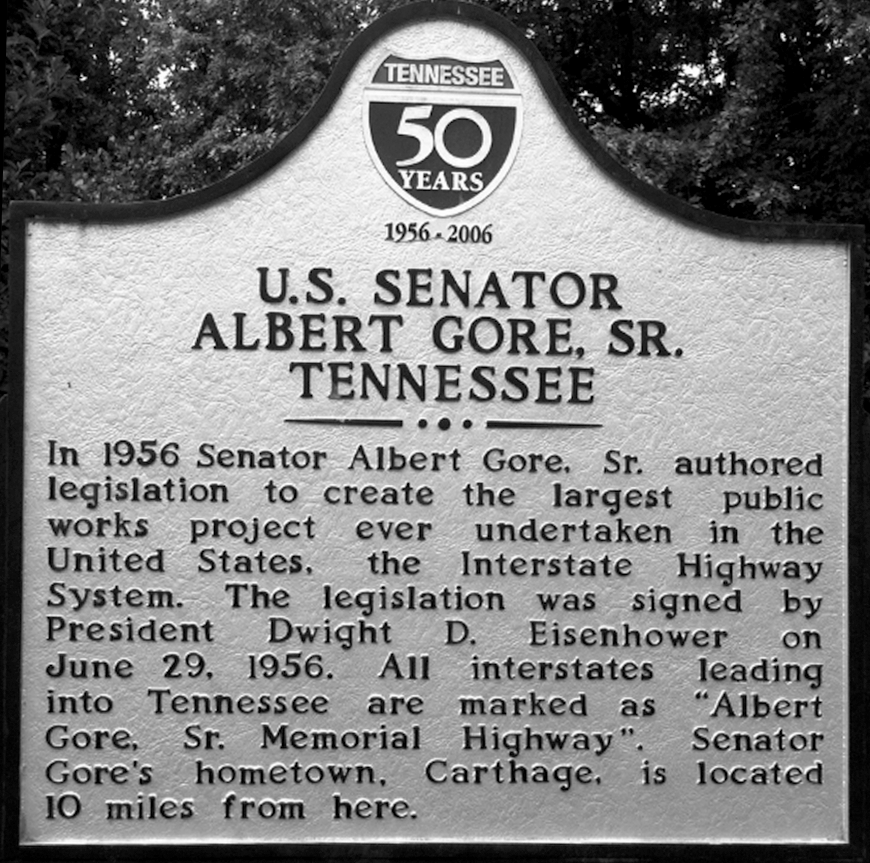
Tennessee State Highway Marker Honoring Senator Al Gore, Sr.
The congressman, who argued that his 14 years in Congress should earn him a promotion, dwelled on McKellar's age and labeled him “the aging senator” and “the architect of our public debt” as chairman of the appropriations committee. Gore worked hard to get promotions, with his first job being a country schoolteacher. By the time he was 26, he served as a school superintendent.
Eventually, Gore decided to become a lawyer and commuted three nights a week from his mountain home to Nashville to attend YMCA law school. In Nashville, he fell in love with and married a waitress, Lafon Pauline Jackson, at the Andrew Jackson Hotel coffee shop. She was attending Vanderbilt University and also became a lawyer.
Is it possible that Gore's career path happened because he took a cue from the fiddlin' Bob and Alf Taylor brothers of “War of the Roses” fame.
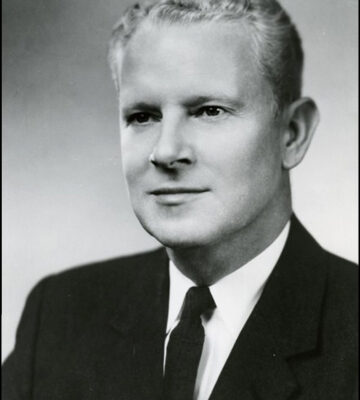
_0-576x400.jpg)
_0.jpg)
